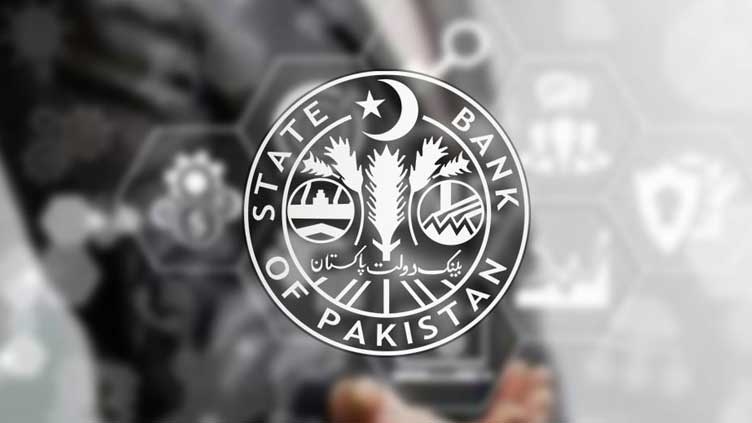The State Bank of Pakistan (SBP) highlighted that political instability and erratic economic policies have worsened the country’s economic situation in the first half of fiscal year 2023-24.
The SBP’s semi-annual Economy Report acknowledged some macroeconomic improvements but pointed out persistent structural issues. These include low investments, weak productivity, limited savings, stagnant exports, a narrow tax base, and public sector inefficiencies.
The report also noted poor governance and public administration obstruct investment and economic growth. It stressed the necessity of policy reforms for sustainable development.
According to the SBP, real economic activities saw a moderate recovery from last year’s contraction, aided by the IMF’s Stand-By Arrangement (SBA), alleviating external financial pressures. The current account deficit has significantly narrowed due to ongoing restrictive monetary and fiscal policies.
Fiscally, the primary balance had a notable surplus in H1-FY24, driven by robust growth in tax and non-tax revenues that exceeded the rise in non-interest expenses.
Despite subdued domestic demand, inflationary pressures remained high. The agricultural sector’s performance contributed to a 1.7 per cent growth in real GDP during the period.
The easing of import restrictions improved industrial raw material availability. The approval of the IMF’s SBA also relaxed external borrowing limits, enhancing financial inflows.
Moreover, a substantial reduction in current account deficits, supported by decreased imports and increased exports, helped strengthen the SBP’s foreign exchange reserves.
The SBP forecasts a modest recovery in the 2nd quarter of FY24, supported by improved business confidence, favourable demand indicators, and promising wheat production prospects.
The report examines long-term inflation trends and their causes. It suggests that reducing policy and political uncertainties, alongside fiscal consolidation, could quickly lower inflation. Addressing structural issues is crucial for achieving stable, low inflation without relying excessively on monetary policy.
The report projects that NCPI inflation will trend downward, remaining between 23.0 and 25.0 per cent for FY24, improving from 29.2 per cent in FY23, and is expected to reduce further to 5 – 7 per cent by September 2025.






